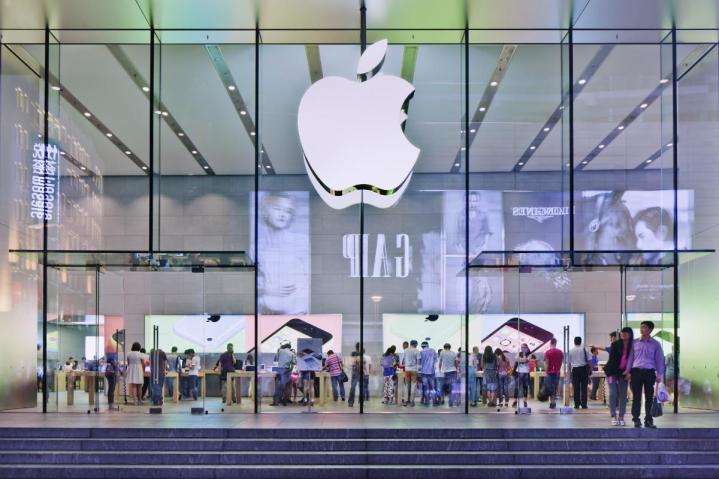
For the three months ending in February, Apple’s iOS claimed 27.6 percent of the smartphone market in urban China, according to Kantar Worldpanel ComTech sales data. That’s an all-time high and a marked jump from its 17.9 percent share in the same period last year.
Android remains the top smartphone operating system with 70.9 percent of the market, though that’s down from 80.3 percent for the three months ending February 2014. The dregs are left for Windows (0.8 percent) and the other players in the market.
“There has been a strong appetite for Apple’s products in urban China seen since the launch of the iPhone 6 and 6 Plus and this has continued into Chinese New Year,” according to Carolina Milanesi, chief of research at Kantar Worldpanel ComTech.
The iPhone 6 remained the best-selling phone in urban China during the three months ending in February, as it claimed 10.2 percent of the market, up from 9.5 percent in the three months ending in January. The Xiaomi Redmi Note was second, followed by the iPhone 6 Plus.
“With the two flagships, as well as older models still selling strong, Apple was able to grab the top spot in the smartphone manufacturers ranking. Xiaomi stepped down to number two,” according to Tamsin Timpson, strategic insight director at Kantar Worldpanel ComTech Asia.
In the U.S., iOS market share was 38.8 percent, down slightly from its 39.3 percent market share in the same period last year. The iPhone 6 remained the best-selling smartphone in the country, with the screen size, LTE capability, and the device’s reliability and durability as its biggest selling points, according to Kantar Worldpanel ComTech.
The strong demand for the iPhone 6 and 6 Plus in China, Hong Kong, and Taiwan drove Apple’s revenue up 70 percent year-over-year in the fourth quarter of 2014. “It’s an amazing result given Apple’s high selling price,” said Nicole Peng, China research director of market research firm Canalys in an interview with the Wall Street Journal.
Before the Chinese government gave Apple the green light to sell the iPhone 6 and 6 Plus in its country, the black market served as an expensive way for eager consumers in the country to get their hands on one of the phones early.


